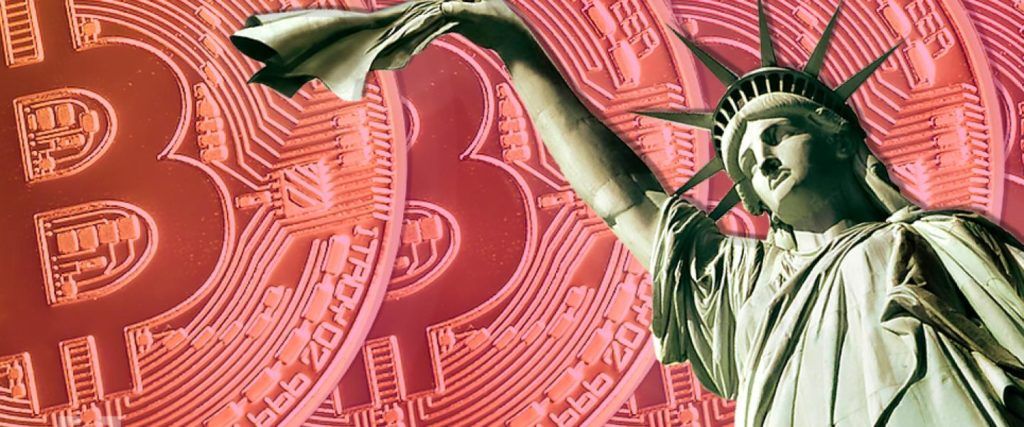Asking ardent proponents about the demise of Bitcoin will almost always be met with an answer that it will remain unstoppable.
Conversely, skeptics view the digital currency as a gimmick with no value, while others are quick to point to its lack of support from established institutions. The cryptocurrency community and Bitcoin (BTC) maximalists ascertain that Bitcoin’s adoption is inevitable, with the process unfolding in the coming decades. There are several fundamental principles built into the protocol that make it the most likely future store of value. The question plaguing those who are sitting idle and watching the industry develop is whether Bitcoin can somehow be halted by institutions, governments, bugs, hacks or any other malicious actors. Regulation or outright bans on Bitcoin are strategies governments can employ in an attempt to restrict usage of the digital currency. However, these might not be viable strategies. There have been attempts at regulation in several countries, and while they have acted as obstacles to its own citizens, the usage of BTC hasn’t been severely dampened.The Paradox Effect of Regulation
According to experts like Saifedean Ammous, strict regulations on Bitcoin can have the opposite effect by highlighting its value proposition of censorship-resistant money. Governments that oppose the use of Bitcoin with strict regulations are likely to also be restrictive in terms of what people are allowed to do with their own finances in the traditional banking system. When people understand that they are being restricted from using their finances, they will steer towards an alternative to the sovereign money of their state. In a paradoxical way, obstruction by governments of its usage is a sales pitch for BTC’s adoption. According to Ammous, the only way for governments to slowdown Bitcoin’s adoption is by offering a compelling alternative of sound digital money. Only in this way could the demand for Bitcoin start to fade. Whether governments are able to provide such a solution is another debate, but this might be the only chance they have in competing with Bitcoin’s value proposition.Can’t Beat ‘Em — Join ‘Em
Beating Bitcoin at its own game might be a much harder task for governments than currently assumed by many. Already with a 10-year head-start, Bitcoin has a vast decentralized network of nodes and has proven to be anti-fragile even under duress. The Lindy effect that Bitcoin has been observed to exhibit over the course of its history adds another layer of doubt of possible disruption from alternative versions of the digital currency. Bitcoin is not linked to any territory or financial institution, and all a user needs is a digital wallet and a network connection to be able to conduct BTC transactions. The blockchain that it’s built upon does not require any one institution to operate it, and indeed is the complete antithesis of such an idea, operating as a public ledger rather than a private one. Ultimately, the best response to Bitcoin is not to limit it, but to embrace the technology and try and work with it. Governments that recognize this and act on it can put themselves in a leading position comparative to peer states. What do you think of the effects of strict government regulation on Bitcoin? Share your opinions in the comments below!Disclaimer
In adherence to the Trust Project guidelines, BeInCrypto is committed to unbiased, transparent reporting. This news article aims to provide accurate, timely information. However, readers are advised to verify facts independently and consult with a professional before making any decisions based on this content. Please note that our Terms and Conditions, Privacy Policy, and Disclaimers have been updated.

Christian Gundiuc
After finishing his studies in International Business Administration at the Frankfurt School of Finance & Management, Christian started working at a real estate development company. Upon discovering Bitcoin and the cryptocurrency space, he switched his focus to learn, analyze and write about all things digital.
After finishing his studies in International Business Administration at the Frankfurt School of Finance & Management, Christian started working at a real estate development company. Upon discovering Bitcoin and the cryptocurrency space, he switched his focus to learn, analyze and write about all things digital.
READ FULL BIO
Sponsored
Sponsored



